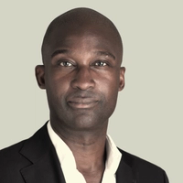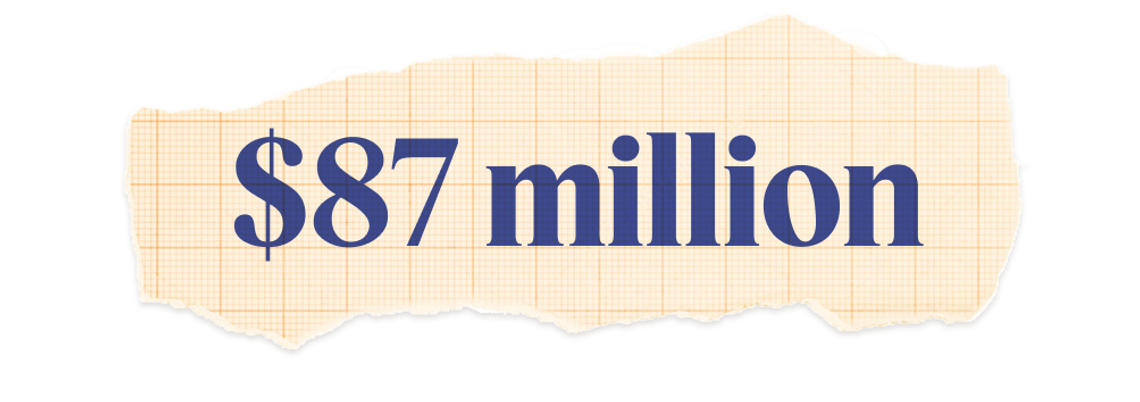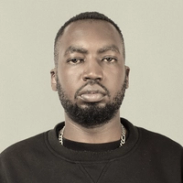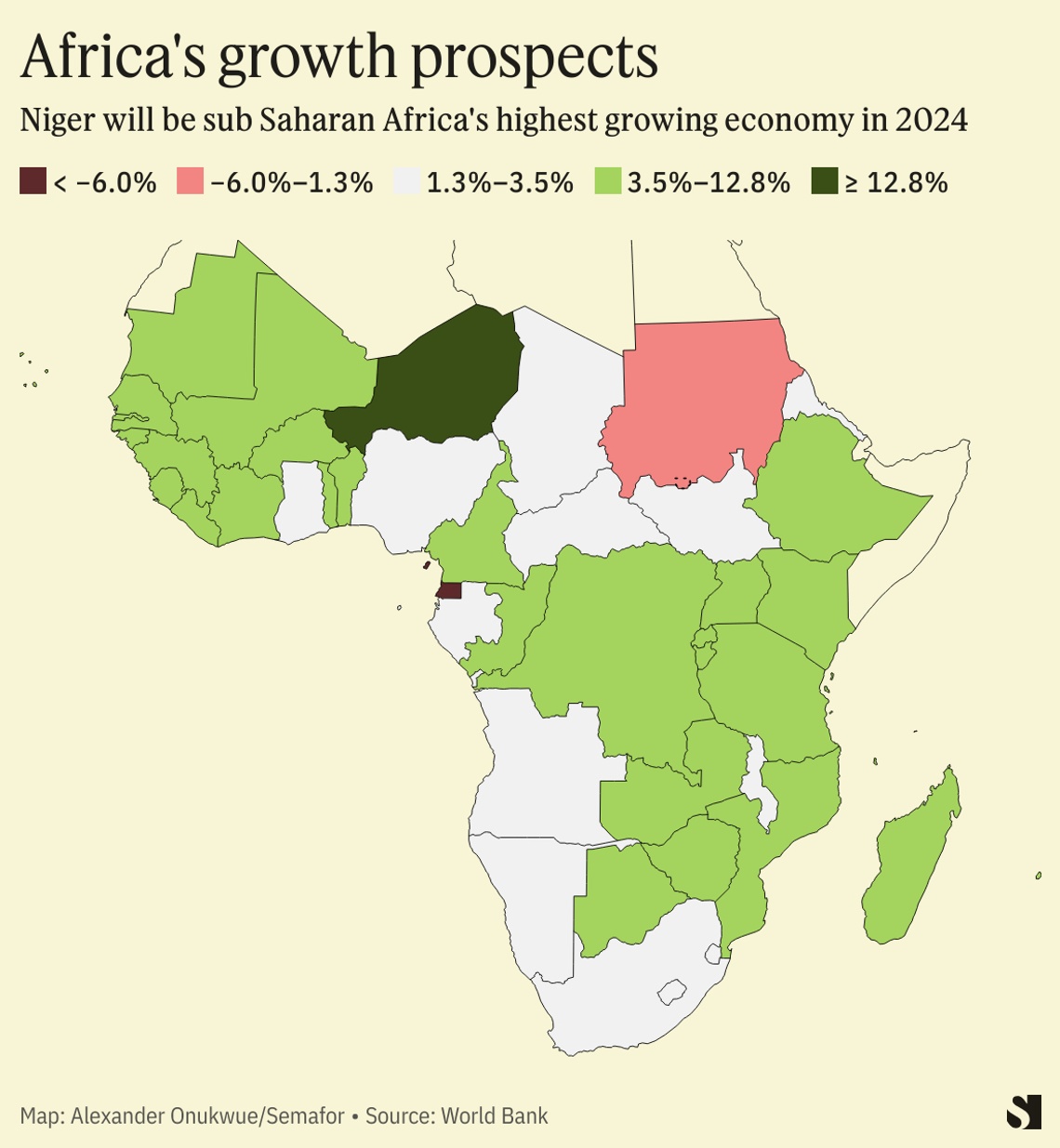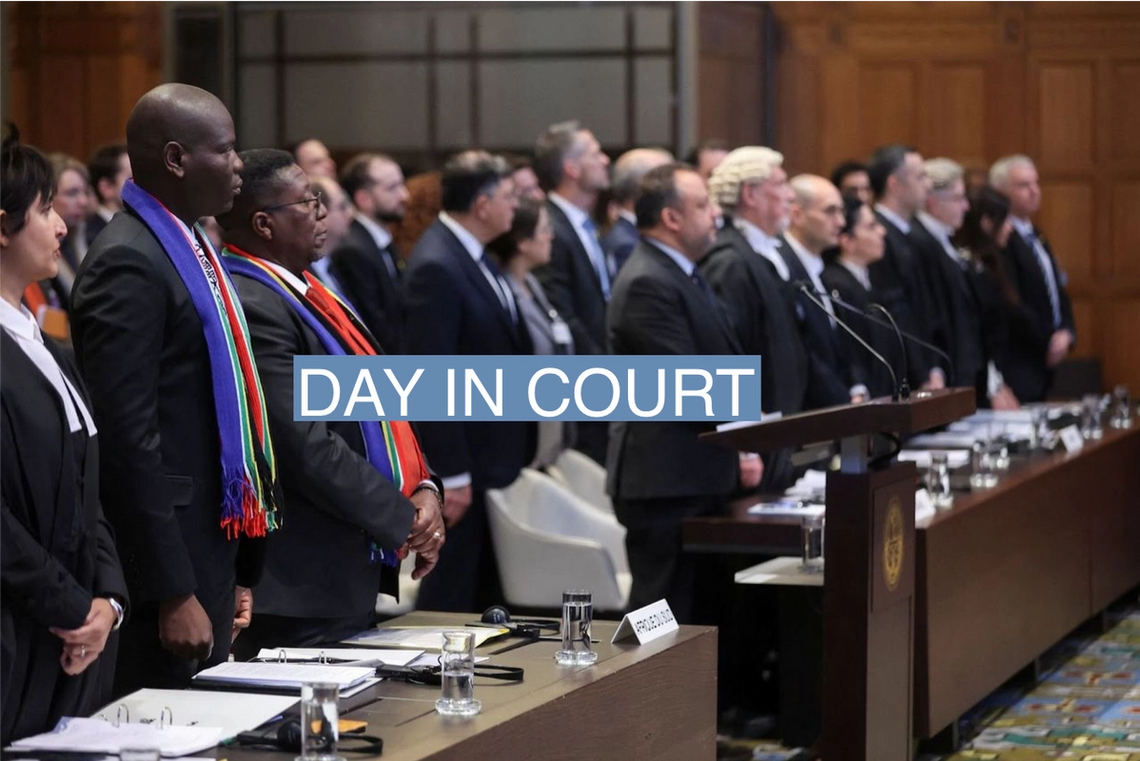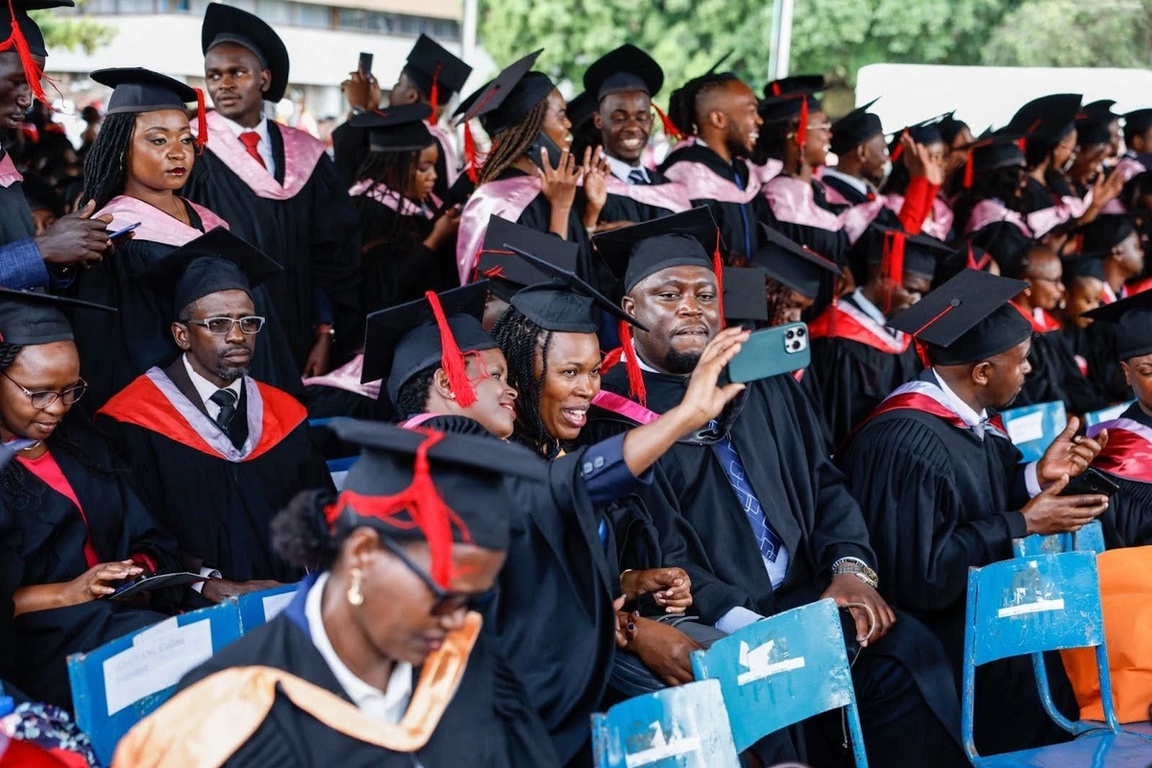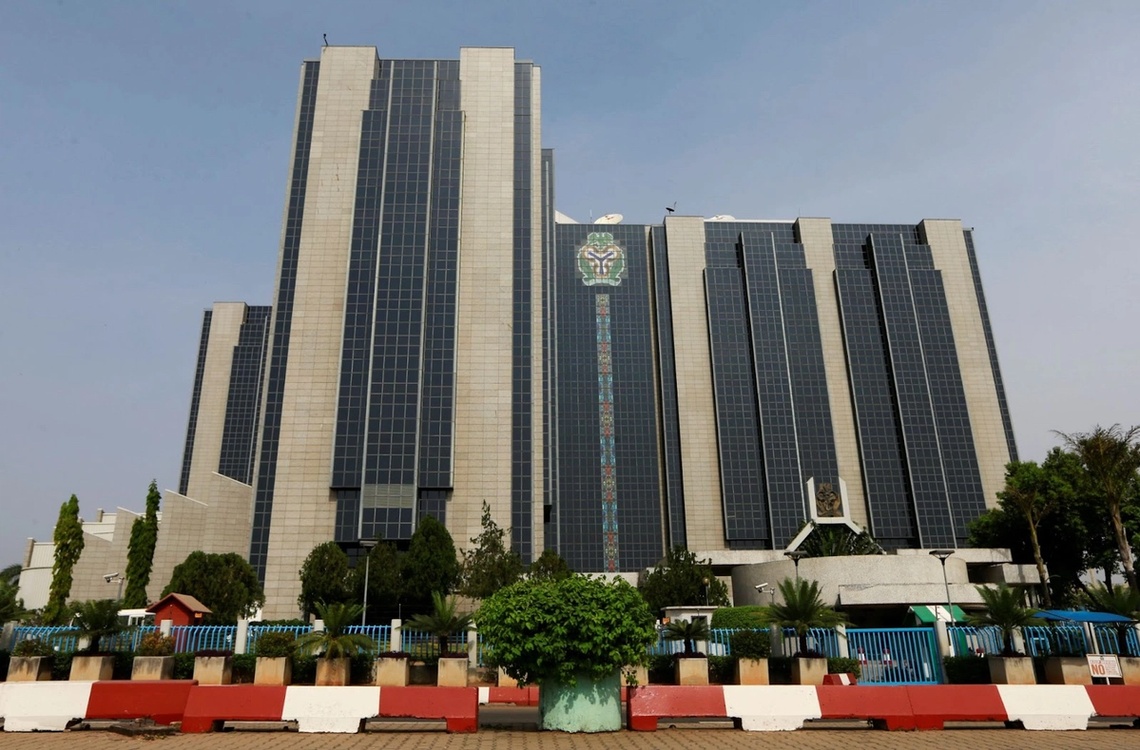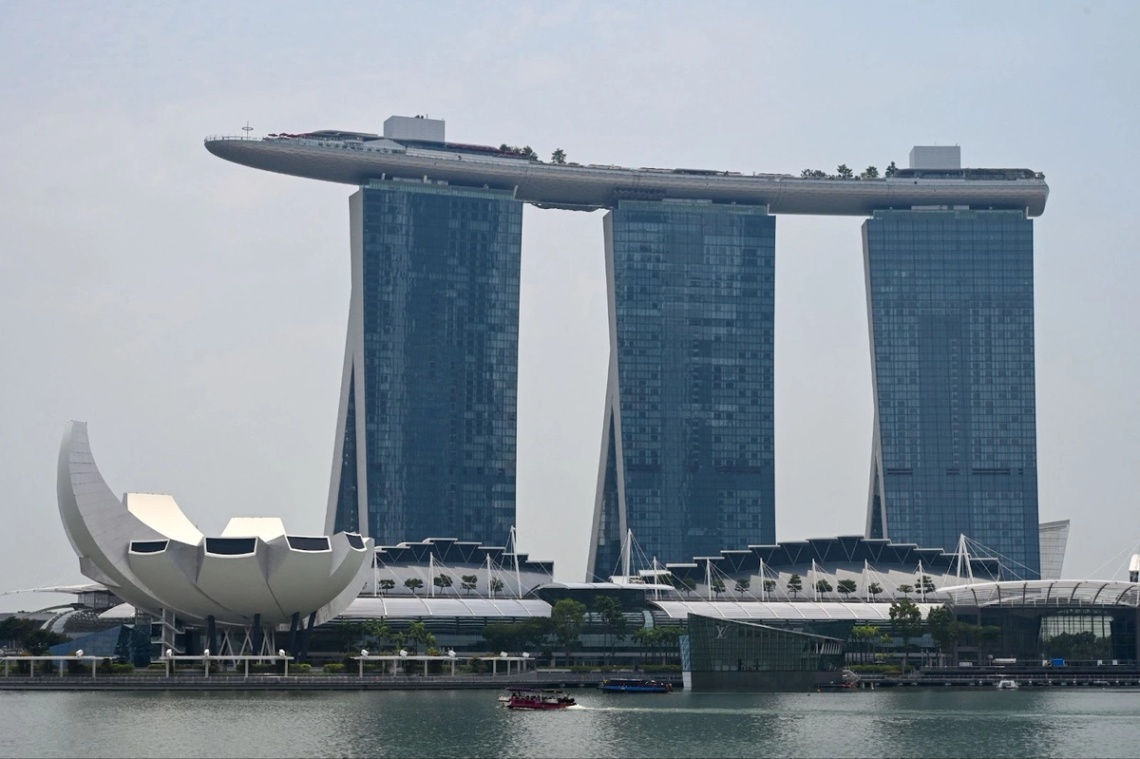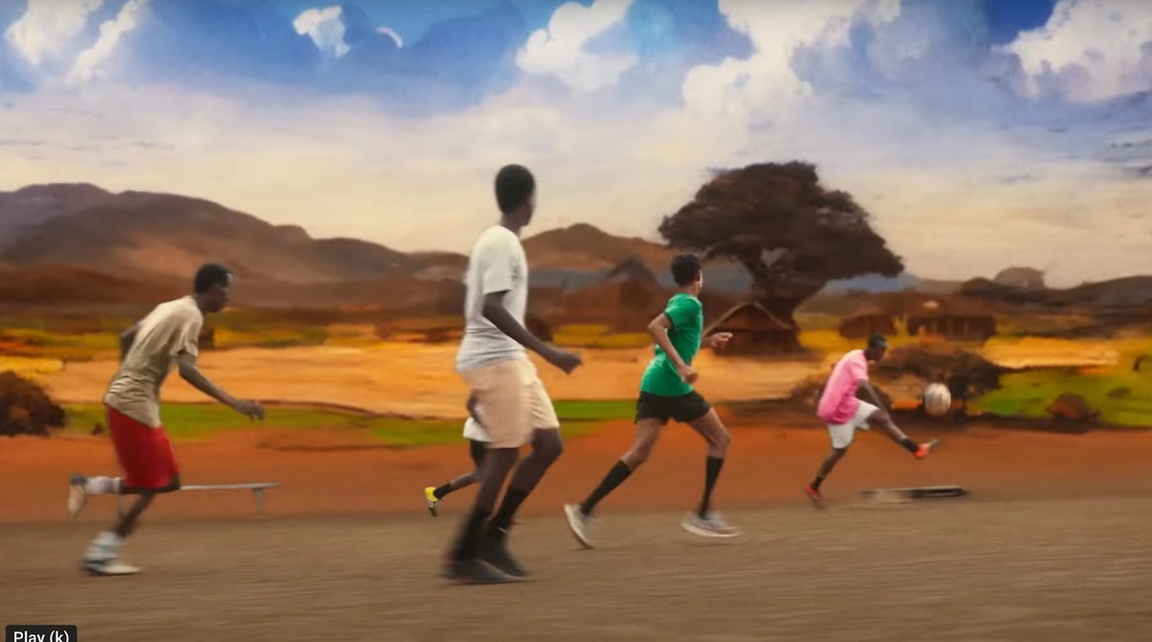 Safaricom SafaricomTHE NEWS NAIROBI — African companies from Nairobi to Lagos are in a race to use artificial intelligence to cut their marketing and advertising budgets ahead of a difficult 2024 due to economic difficulties, fueling panic over potential job losses. Businesses are increasingly using AI-generated images, models and voices for their advertising campaigns across TV and digital platforms, lowering their advertising budgets. Ad spending in sub-Saharan Africa fell by 11.6% in 2023, according to the World Advertising Research Centre (WARC), though a slight rebound this year is expected to be driven by a 6.1% increase in South Africa. Safaricom, East Africa’s leading telecommunications company, unveiled what it claimed to be Africa’s first AI-generated TV ad in August. It has since rolled out other AI-driven campaigns on different platforms. Other Kenyan companies that have rolled out AI in ads include private school group Pioneer, which ran AI-generated TV ads, and popular bread brand Supa Loaf which uses AI-generated images on its billboards. In Nigeria, Coca-Cola collaborated with local influencers in an AI-powered campaign over the Christmas period. The surge in AI-use, propelled by the popularity of generative AI over the last year, has coincided with a downturn in many of Africa’s biggest economies. In Nigeria and Kenya, businesses are grappling with depressed earnings due to difficult macroeconomic conditions including weakening local currencies and high inflation. “Notable multinationals are leaving Nigeria due to the volatile foreign exchange environment, causing most agencies to become more proactive with client budgets,” Chukwuduzie Ikwuegbu, creative director at DDB Lagos, an advertising agency in Nigeria’s commercial capital, told Semafor Africa. MARTIN’S VIEW As generative AI platforms such as ChatGPT and Midjourney become more mainstream, companies ranging from large corporations to small businesses will inevitably find ways to leverage the technologies to lower costs and make their processes more efficient. Anthony Irari, a Nairobi-based marketing consultant, said the chance to save money and time by reducing human input was “a simple business decision” for Kenyan companies of all sizes. “A shoot that would take weeks to plan and execute, you can use AI and have the billboard printed by the end of the day,” he added. African countries aren’t working together to impose restrictions on the uses of AI, unlike governments elsewhere in the world. And industry insiders lack the strong trade unions that enabled members of the U.S. film and TV industry to secure a deal limiting the use of AI. Many professionals in Kenya’s creative industries are justifiably worried about the long term impact of AI, particularly as corporate contracts are among the most important income streams for the likes of designers, models, photographers, copy writers and more. Irari predicted that many small ad agencies ‘would die’ as businesses moved their creative work in-house, supported by AI, and focused more on brand storytelling and partnerships with content creators. “To survive, many people will have to add value in whatever they do to stand out, including by using AI, or pick up new skills,” photographer Brian Saina told Semafor Africa. “The companies can’t drop what is, for them, a cheaper option.” | 
